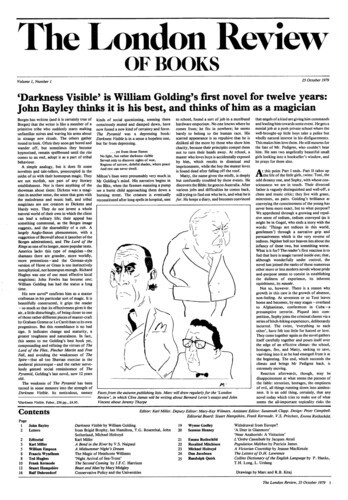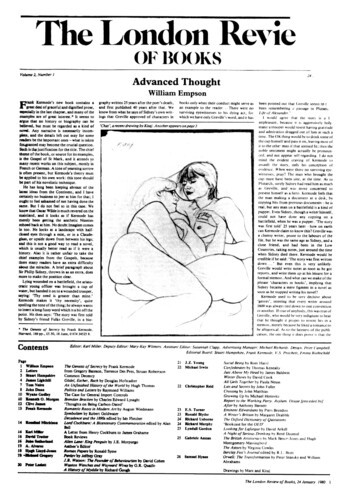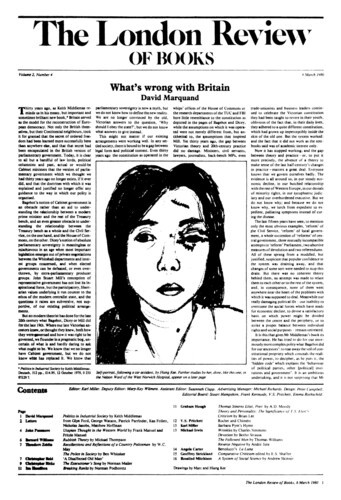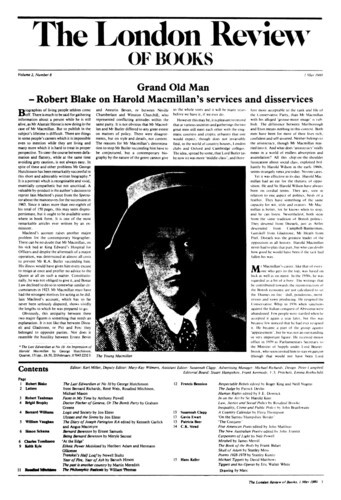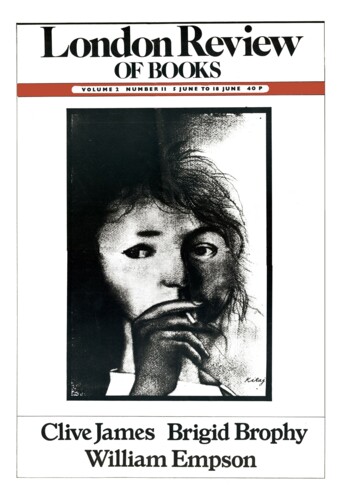Here are nine separate essays on different aspects of the whole construction of Adam Smith’s thought, written originally for separate publication during the past eight or nine years, but now reworked to link and hold together. Because of the reworking, the book shows Adam Smith as the creator of a whole system of knowledge including science, anthropology, moral philosophy, psychology and history, as well as the founder of economics. The book brings out both the common features of the different branches of this system and the well-known rift between the human nature of the moral system, with its deep ties of sympathy for others, and the calculating but beneficial selfishness of the human nature of the world of economic relationships. Since Smith held that the types of human society, of political and social structure, were all dictated by the ‘mode of subsistence’, this rift is a fundamental cleavage across the whole span of the system. Because of it, it is in the economic system rather than in the moral that the ‘hidden hand’ of God had an elaborate task to perform.
A System of Social Science: Papers relating to Adam Smith by Andrew Skinner. Here are nine separate essays on different aspects of the whole construction of Adam Smith’s thought, written originally for separate publication during the past eight or nine years, but...
